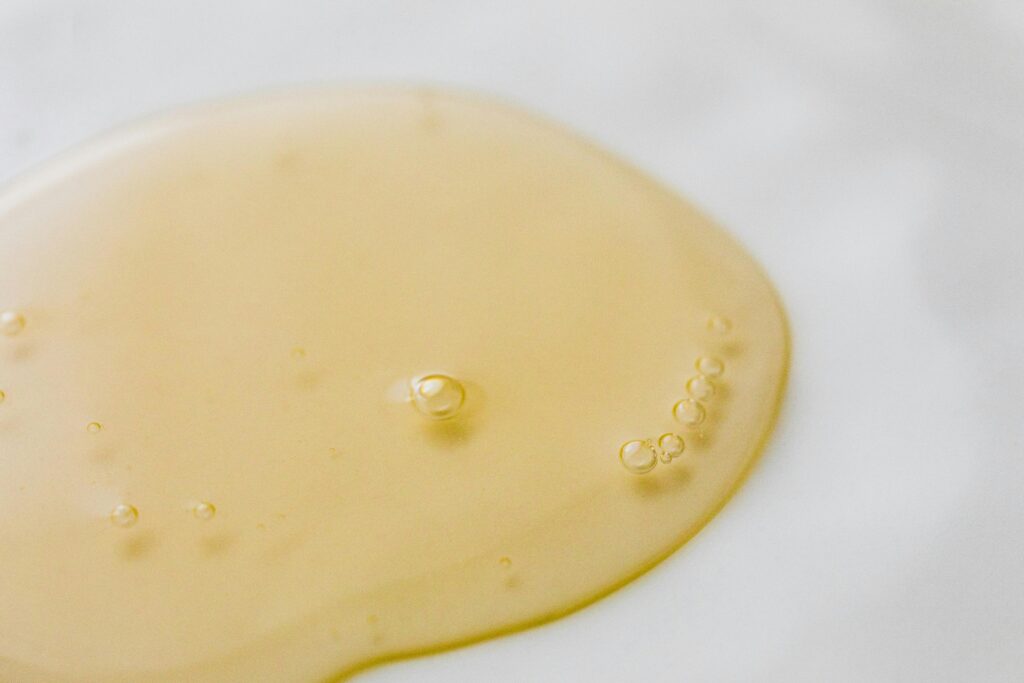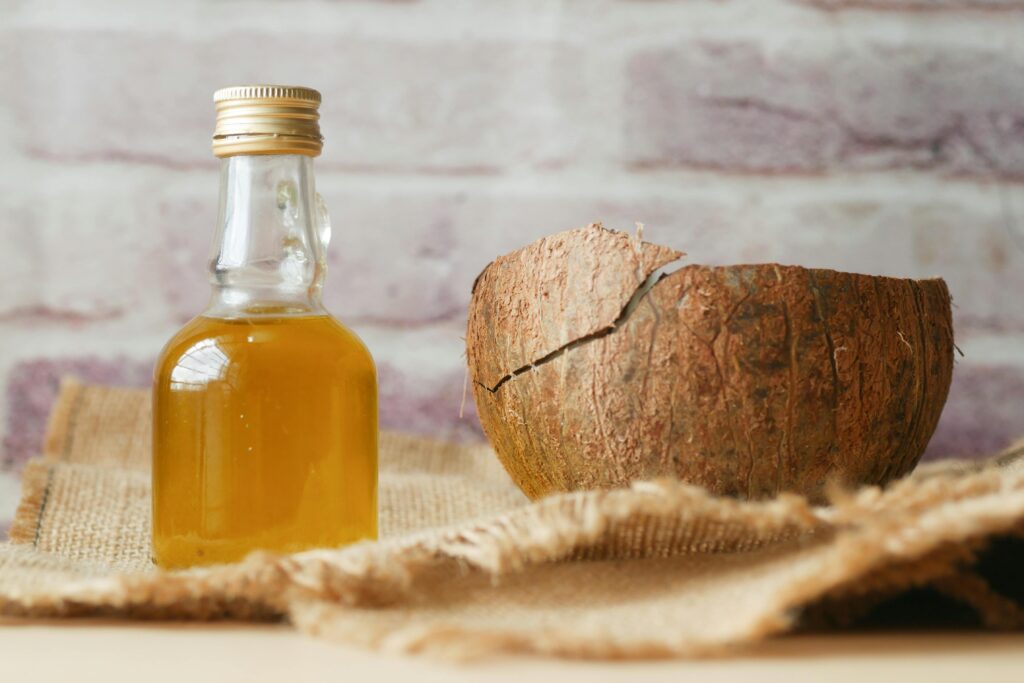Mastering Inflammation: Unveiling Causes, Effects, and Natural Solutions
Understanding Inflammation!
Before we explore remedies, let’s gain insight into inflammation itself. Inflammation is the body’s natural reaction to harmful stimuli, such as pathogens, injured cells, or irritants. While crucial for immune system defense, chronic inflammation can precipitate a range of health issues, from cardiovascular disease to arthritis and even cancer.
Natural Remedies for Inflammation!
Table of Contents
1. Herbal Teas:
I highly, recommend tea when It comes to certain digestive and inflammatory issues. Herbal teas are a soothing and effective way to naturally, reduce inflammation. These can be hot or iced for any occasion. Popular Teas such as ginger, dandelion, and chamomile possess anti-inflammatory properties that can help bring a sense of calm to the body’s response. There are other not so well known teas such as Holy Basil (Tulsi) Tea. Holy basil, also known as tulsi, is revered in Ayurvedic medicine for its anti-inflammatory and adaptogenic properties. Tulsi tea can help reduce inflammation in the body and promote overall wellness. It has a slightly spicy and herbaceous flavor that many find appealing. Nettle Tea, is made from the leaves of the stinging nettle plant and is rich in vitamins, minerals, and antioxidants. It has been used traditionally to treat inflammation and allergies. Nettle tea has a mild, earthy flavor and can be enjoyed hot or cold. Burdock Root Tea is a medicinal herb used for centuries in traditional Chinese medicine and Ayurveda. It contains compounds that can help reduce inflammation in the body. Burdock root tea has a slightly sweet and earthy flavor.

2. Epsom Salt Baths:
Epsom salt, abundant in magnesium sulfate, is celebrated for its efficacy in alleviating inflammation and soothing muscle soreness. It’s a cheap and easily accessible natural supplement. Incorporating Epsom salt into your bath water can relieve inflamed joints, fatigue muscles, and personal emotional strain.

3. Anti-Inflammatory Foods:
Certain foods are packed with nutrients that possess anti-inflammatory properties and a wholesome natural remedy. Incorporating fatty fish (rich in omega-3 fatty acids), leafy greens, berries, and nuts into your diet can help combat inflammation from within. It can be a difficult road switching to a more wholesome diet, but the results are worth it.

4. Turmeric (Golden Milk):
Turmeric (easily explained), a spice renowned for its potent anti-inflammatory compound, curcumin, can be consumed as golden milk. This warm and comforting beverage combines turmeric with milk and other spices to create a delicious and healthful drink. It’s perfect for anyone who struggles with severe inflammation and can be used in any recipe. Always talk to your physician before consuming.

5. Essential Oils:
Certain essential oils, such as lavender, peppermint, and eucalyptus, are anti-inflammatory when applied topically or diffused aromatically. They can help alleviate inflammation and promote relaxation, which is helpful as a natural remedy. These are amazing for those who use artificial candles and love the smell, what is not understood is these candles can carry toxic chemicals and over time can cause more harm than good. Always look for a natural essential oil (there are different kinds for eating and smelling, so be wary) for they help bring anxiety down and a welcoming scent.

6. Mineral Salt:
Not the same as Epsom salts these are added nutrition, these natural salts are perfect to have before your daily water intake in the morning. This will bring a little more nutrients and electrolytes into your day, especially for those who struggle with getting enough minerals into their diet, depending on lifestyle or stress levels.
7. Castor oil wraps
These are a bonus for those who are overcoming constipation and a stressed liver, the body is an amazing tool and will detox the body naturally. Castor oil is one of the top oils that penetrates deepest on the skin. Castor oil contains ricinoleic acid, which acts as a natural laxative. When applied on the skin (do not take orally), it stimulates the muscles of the intestines, promoting bowel movements and relieving constipation. Ricinoleic acid also exhibits anti-inflammatory properties. Castor oil packs are believed, to promote detoxification by stimulating lymphatic drainage and improving circulation in the targeted area. Some studies suggest castor oil may have antimicrobial properties, helping fight off harmful bacteria and fungi when applied to the skin.

8. Natural Cleaning supplies
While it may spark controversy, every effort counts. Natural cleaning products are often crafted from plant-based ingredients like vinegar, baking soda, and essential oils. Unlike conventional cleaners containing harsh chemicals such as ammonia and chlorine known to cause skin, eye, and respiratory irritants. By emitting fewer harmful fumes, they enhance indoor air quality, mitigating risks of flare-ups and allergies triggered by volatile organic compounds (VOCs) and synthetic fragrances found in common traditional cleaners. With fewer risks opting for non-toxic ingredients ensures a safer living environment for the whole family, furry friends included.

9. Coffee….can have mold.
Coffee lovers everywhere enjoy their daily cups, but did you know they might contain a hidden danger? Mold in coffee is a serious concern often overlooked. Coffee beans can grow mold during production and storage, especially when moisture and temperature aren’t controlled. Some molds are visible, but others can contaminate coffee without being noticed. Mold in coffee can cause various health issues due to toxic compounds called mycotoxins. These can lead to digestive problems, respiratory issues, weakened immunity, headaches, and long-term health risks. Being aware of mold in coffee is essential for your health. By understanding the risks and taking preventive steps, you can enjoy your coffee safely every day.

10. Don’t eat raw foods for a bit.
Autoimmune diseases involve the immune system attacking healthy tissues, often influenced by genetics, environment, and gut health. Leaky gut syndrome, with increased intestinal permeability, may worsen autoimmune conditions by allowing harmful substances into the bloodstream, triggering inflammation.
Raw food diets, rich in unprocessed plant-based foods, offer nutrients and anti-inflammatory properties, supporting gut health. Yet, they can be challenging for autoimmune patients due to digestive issues, immune activation, and contamination risks. They need to listen to their bodies, focus on variety, and consider food sensitivities when incorporating raw foods. Consulting healthcare professionals or dietitians specialized in autoimmune nutrition is crucial for personalized guidance.
While raw food diets hold potential benefits for autoimmune diseases, caution and awareness are vital. By considering individual health needs and seeking professional advice, individuals can effectively manage autoimmune conditions while incorporating raw foods into their diet.

11. Ointments soothing
During severe flare-ups, providing yourself with extra care can offer comforting relief. Soothing ointments serve as a convenient option and are easily transportable in a bag or purse, depending on your specific needs. They can be quite affordable. Coping with certain diseases can be challenging, but every small measure contributes to living a more pain-free lifestyle. Consider exploring these options; they might just be what you need.
- Arnica Ointment: a plant native to Europe and Siberia, has long been used in traditional medicine for its anti-inflammatory and analgesic properties. Arnica ointment or gel can be applied topically to reduce inflammation and relieve pain associated with bruises, sprains, and muscle soreness.
- Calendula Ointment: Calendula, also known as marigold, has been used for centuries to soothe skin irritations and promote wound healing. Calendula ointment can help reduce inflammation and relieve discomfort caused by minor burns, cuts, and insect bites.
- Comfrey Ointment: Comfrey, a perennial herb, contains allantoin, a compound known for its anti-inflammatory and wound-healing properties. Comfrey ointment can be applied topically to reduce inflammation, promote tissue repair, and alleviate pain associated with bruises, sprains, and strains.
- Biofreeze patches: offer convenient and targeted relief from pain and discomfort. They are easy to apply directly to the affected area, providing long-lasting cooling therapy for up to 8 hours. With minimal odor and residue, they offer discreet relief without the risk of systemic side effects. Versatile and effective, Biofreeze patches are suitable for various types of pain, making them a convenient option for on-the-go relief

12. Natural oils cooking
Anti-inflammatory properties: Olive oil, avocado oil, and sesame oil contain monounsaturated fats and antioxidants that possess anti-inflammatory properties. Chronic inflammation is a common feature of autoimmune diseases, so incorporating these oils into the diet may help reduce inflammation and alleviate symptoms.
Avocado, grapeseed, and sesame oil are rich in vitamins and antioxidants which can support overall health and bolster the immune system. Autoimmune diseases often involve immune system dysfunction, and ensuring adequate nutrient intake can help support immune function. Olive oil, coconut oil, and avocado oil may support gut health. Maintaining a healthy gut microbiome is essential for immune regulation, and these oils contain compounds that can promote the growth of beneficial gut bacteria. Coconut and grapeseed oil have high smoke points, making them suitable for high-heat cooking methods like frying and sautéing. Cooking at high temperatures can produce harmful compounds that may exacerbate inflammation, so using stable oils for cooking can help minimize this risk.

Conclusion:
Incorporating natural remedies into your lifestyle can be a gentle yet powerful way to manage inflammation and diseases and support overall health. Whether it’s sipping on herbal teas, soaking in an Epsom salt bath, or indulging in anti-inflammatory foods, there are plenty of options to explore. Remember to listen to your body and consult with a healthcare professional if you have any underlying health conditions.
Explore more by selecting this link




